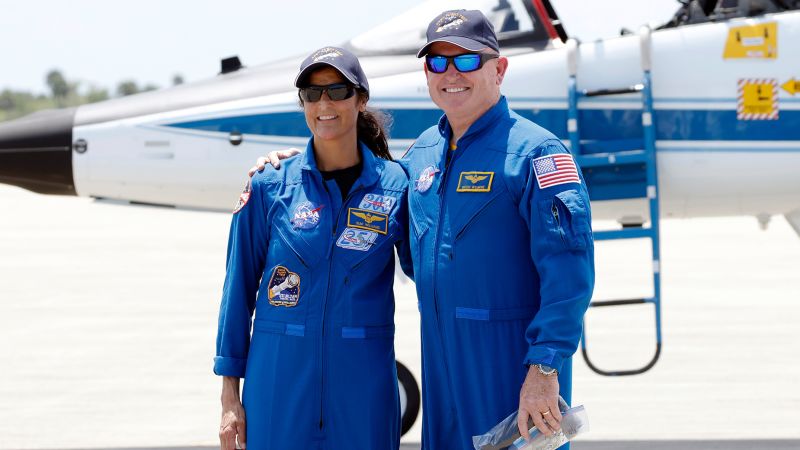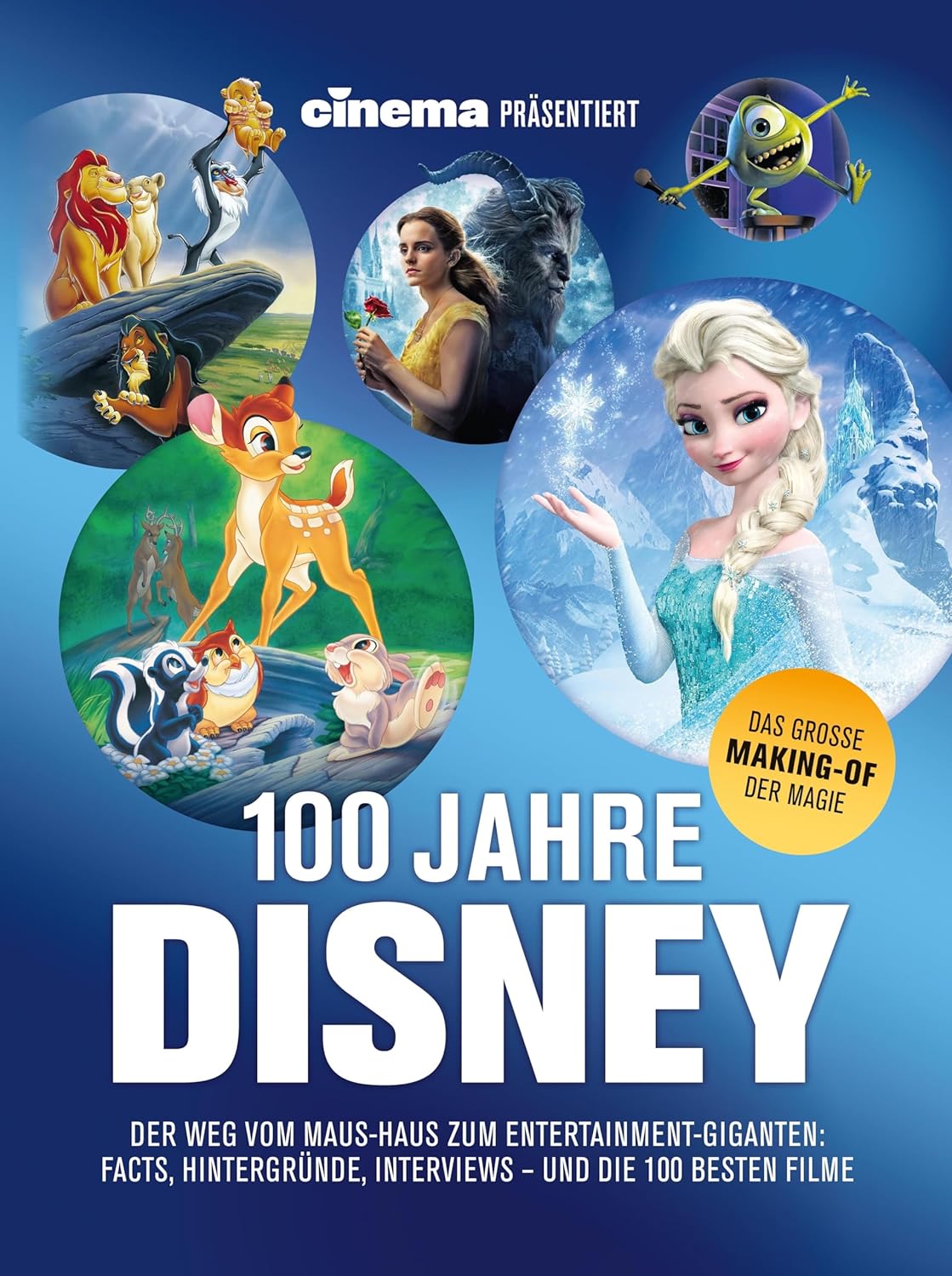Of course, on the occasion of the 100th anniversary of the founding of the House of Mouse, there should be no celluloid missing. We look at it here.
Contents (fuss)
When Walt Disney and his older brother Roy founded their startup company in the backyard of Los Angeles on October 16, 1923, no one could have imagined that Disney would become the largest entertainment company in the world – except perhaps Walt himself, who had an artistic vision from the beginning and followed a clear business idea. Walt Disney invented animation as an art, shaped our entertainment behavior with Disneyland, went through massive financial crises and left his successors in the executive chair like Michael Eisner and Bob Iger a company they have grown into what is probably the most famous company in the world – and a part of pop culture. Global. CINEMA, Germany's most famous film magazine, has opened its archive for “100 Years of Disney”. It presents an engaging history of Disney in 224 pages, as well as the 100 best Disney films from 100 years, such as “Bambi” (1942), “The Jungle Book” (1967), “The Lion King” (1994) and “Frozen” (completely unabashed) (2013). ). There are also reports, background information, biographies and interviews with filmmakers.
criticism
Since Disney will be 100 years old in 2023, it was obvious that a similar book would exist and the Cinema editorial team took up the topic. Another informative work released in the obligatory hardcover format. And as is obligatory, we immediately clarify the age-old question: No, you definitely will not find this wealth of information on the Internet.
The display is also in color again, with many images emblazoned with individual films, for example, or with Walt Disney and his ilk. The only thing that's hard to read this time is the false 'round' writing on the side, and some of the images left around it. This was not the case in other cinema volumes, here everything was always “straight”, but this is of course complaining at a high level.
The book begins with a story by Walt Disney and that was of course expected with a volume like this. From the youth to the founding of the company, everything is reviewed here and some personal details are also included. Disney's individual stages are well depicted, from the initial bankruptcy, to the first animated film, to the theme park. In some places, it may fall a little short, for example not all the theme park attractions or Disney cruises are examined in great detail, but you always get to the heart of the matter and get a good cross-section of the company's history and the current pillars of the company. And yes, individual contracts from the company's history could certainly have been viewed in more detail, so there is room for improvement here.
As in other cinema volumes, interviews are interspersed here too, whether with the filmmakers or those working behind the scenes at the parks. However, they are usually very short (i.e. shorter than normal). Since the information content of the other volumes has always been somewhat questionable, these small excerpts are certainly one of the weak points of this volume.
However, the main focus is not on Disney and what is happening in the background, even if that is undoubtedly interesting as well. From page 50 onwards, we start with the 100 best Disney movies. There is no need to emphasize that the list of Disney films is large, and not all films can be shown. But there are undoubtedly some surprises, or did you know that “Pretty Woman” is also from Disney?
Individual films are divided into categories such as cartoons and cartoons. Mixed movies, Pixar movies, classic movies, etc… So if you don't like a topic, you can go directly to the relevant chapter. However, it is questionable whether films like “Star Wars Episode IV” should really be included here. Not because the movie is bad, but because it was actually made before Disney took over. Yes, it's now part of the Disney portfolio and films like “Rogue One,” which was produced entirely under Disney's supervision, certainly have their right to exist in that book, but is it a “real” Disney film if it's only “bought in”?
Naturally, other brands such as “Terminator” or “Avatar” also fall under this hypothesis, and “Alien” would have already been included if you counted the companies that were purchased (in this case 20th Century Fox). But well, of course you had to say somewhere, it's over. All the most important Disney movies are included, of course, and you'll have heard of at least most of them.
There's also more background information about select films in smaller productions (“The Lion King” is a good example here, or the musicals of “Frozen”). Here too, you can learn some new things, but in general, the crafting processes are rather limited in a hundred-film set. As a result, the film's presentations eventually become a bit repetitive, and at times you wish there was more depth, but as a cross-section, the volume is decidedly okay.

“Explorer. Communicator. Music geek. Web buff. Social media nerd. Food fanatic.”







More Stories
Met Gala 2024 live updates: See photos of Zendaya, Ariana Grande and more on the red carpet
The launch of the Boeing Starliner is set to begin a long-awaited mission with a NASA crew
Review of Oliver Trendel – Constantinescu: Piano Concerto